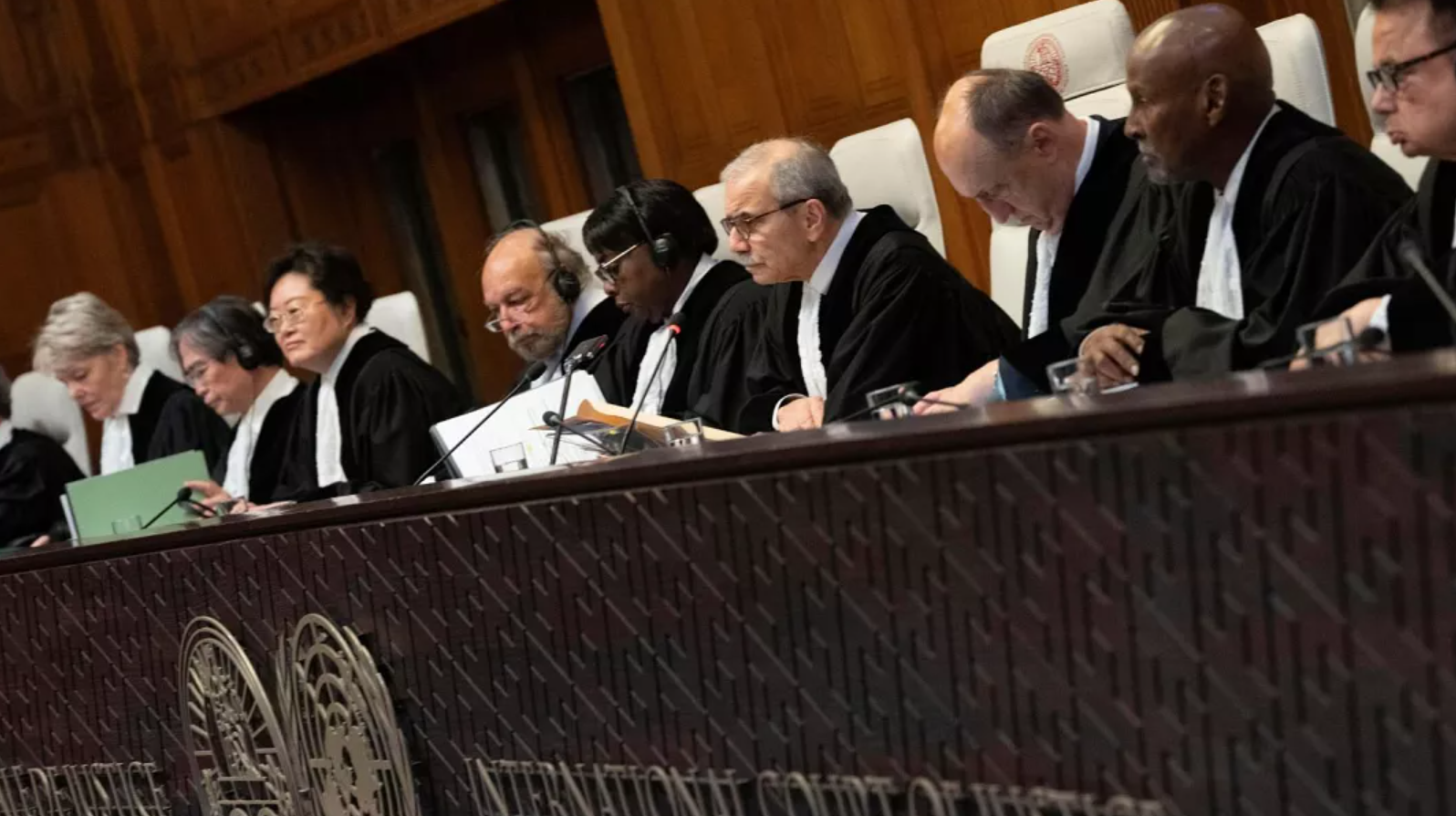
Historic Legal Effort
At its core, the case aims to establish clearer accountability under international law for states' actions—or inactions—regarding climate change. Small island states, particularly Vanuatu, have argued that environmental laws and human rights obligations must be integrated into climate responsibilities.
Vanuatu's Attorney General Arnold Kiel Loughman emphasized the importance of these legal frameworks, stating, "International environmental laws and human rights must not be excluded from states' responsibilities in the context of climate change."
Tuvalu, whose islands face complete submersion due to rising sea levels, passionately declared, "We will not go quietly into the rising sea," calling for the ICJ to support their fight for self-determination. Other nations echoed the urgent need for a robust legal framework, with Zambia highlighting the compounding effects of climate-induced droughts and economic crises.
Global Divide on Accountability
A major debate revolved around the adequacy of existing frameworks like the Paris Agreement. Developing nations criticized historical polluters for hiding behind procedural commitments without real accountability, while emphasizing the need to include human rights laws and the duty to prevent transboundary harm.
European Allies Join Calls for Justice
Unexpectedly, some European countries sided with Global South nations. France, Portugal, and Spain acknowledged the importance of legal proceedings in advancing climate justice. France called the hearings a unique opportunity to clarify international law on climate obligations, while Spain highlighted that climate change is a "common concern of humankind" with governments bearing human rights obligations to address it.
Looking Ahead
The ICJ is expected to deliver its advisory opinion in 2025. While not legally binding, the opinion could significantly influence global climate litigation, particularly cases where vulnerable nations seek reparations from developed countries for historical emissions.
David Boyd, former UN Special Rapporteur on Human Rights and the Environment, expressed hope that the ICJ would recognize the urgency of the testimonies presented, urging states to act with higher ambition and responsibility.
In the words of Vanuatu's representative, "We need our boats lifted fast, before sea-level rise permanently swamps our coasts."